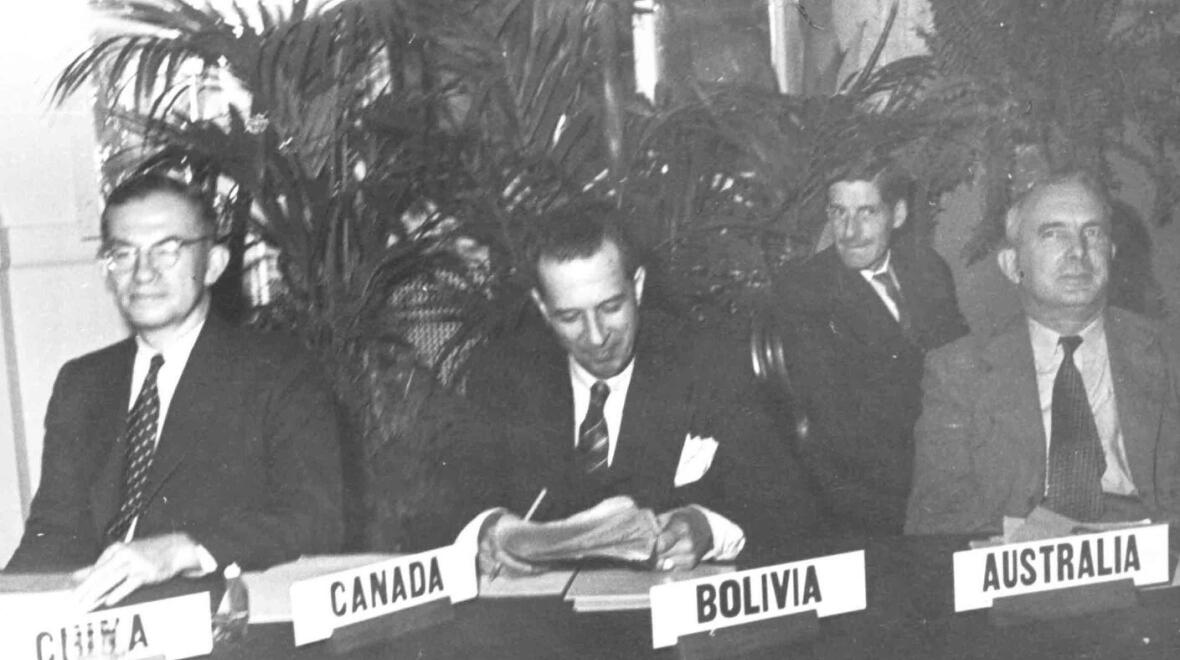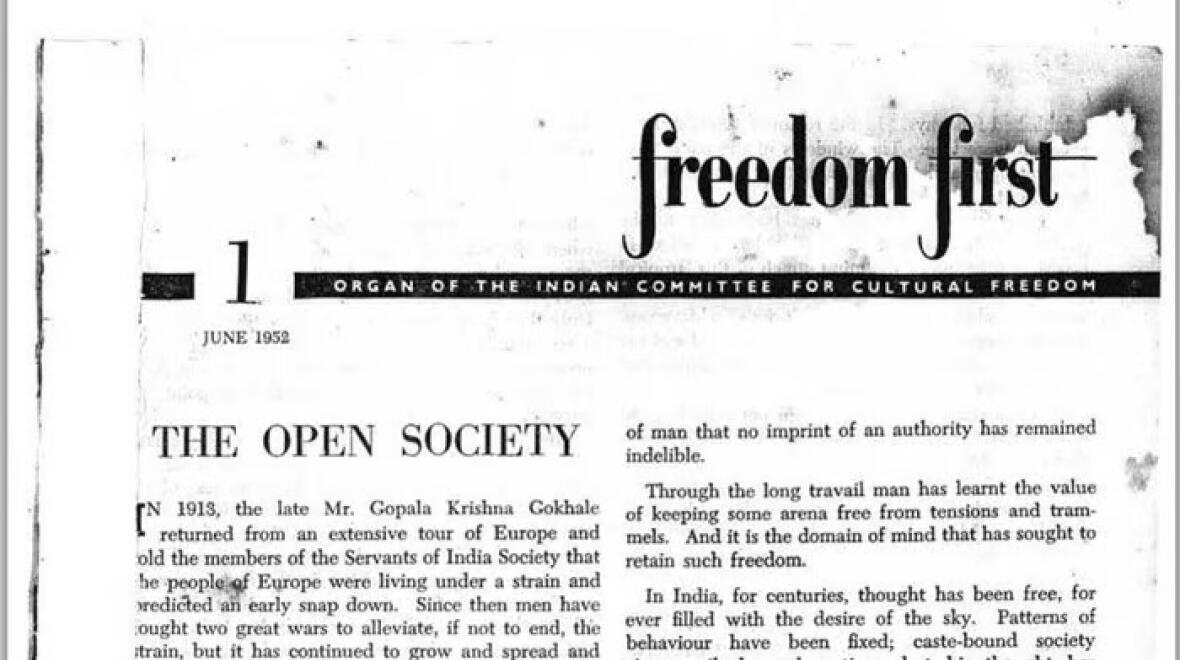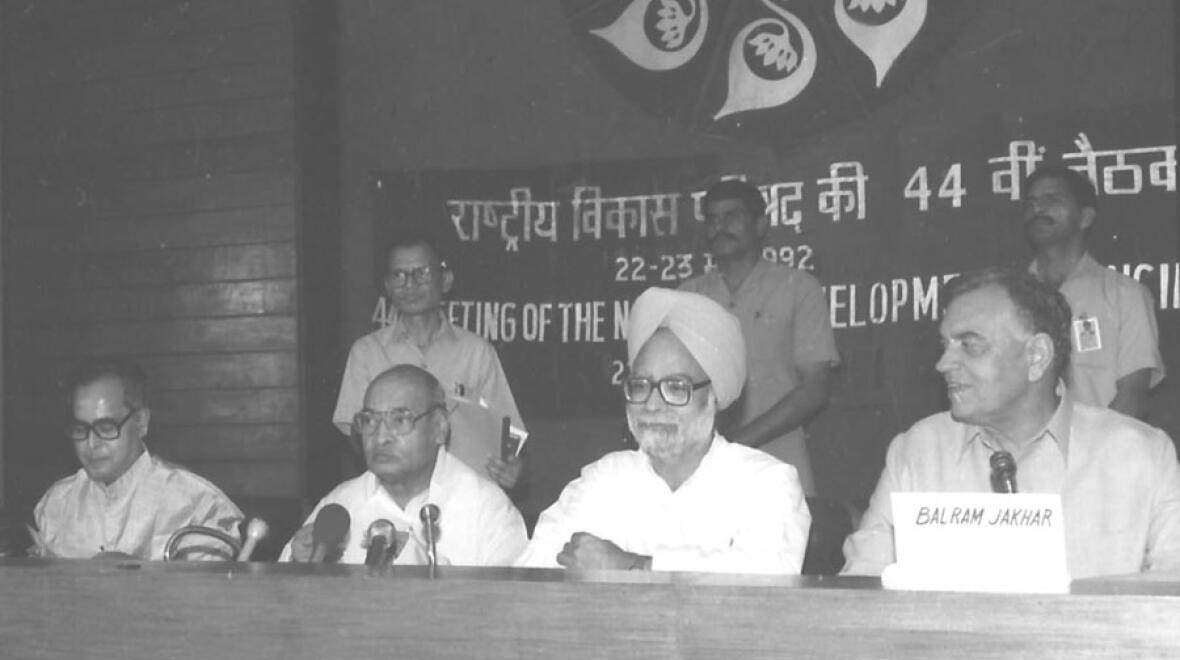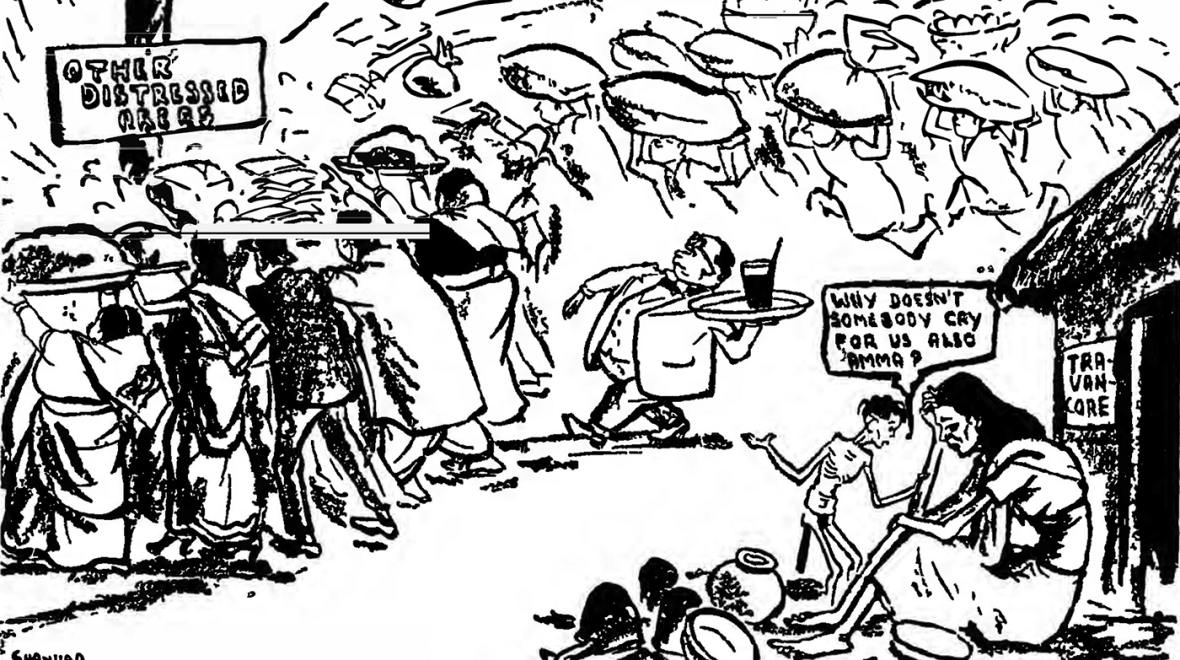Research
Members of the Capitalism Studies Network, academics and research students alike, are engaged in research on a broad range of issues related to the past, present and future of capitalism in Australia, the Asia-Pacific and worldwide. They come from across the Australian National University, including the College of Law, the College of Arts and Social Sciences and the College of Asia and the Pacific. Among them are jurists, economists, anthropologists, sociologists and historians.
You can access some of their relevant work below.

Ntina Tzouvala, 'Aggression, Capitalism, and International Law'
In Current Legal Problems.
The recent revival of geopolitical competition has been accompanied by the meteoric rise of military spending across the globe. ...

Will Bateman and Jens van 't Klooster, 'The Dysfunctional Taboo'
In the Review of International Political Economy.
Monetary financing – the issuance of public money to support public expenditure – remains a widespread policy taboo. ...
Ntina Tzouvala, 'Sanctions, Dollar Hegemony, and the Unraveling of Third World Sovereignty'
In the Yale Journal of International Law.
Political philosopher Jessica Whyte has observed that the past forty years have been marked by an apparent contradiction: on the one hand, neoliberalism, with its overt skepticism toward using economic tools to achieve social goals, has become hegemonic almost at a global level. ...

Will Bateman, 'Constitutional Dimensions of Monetary Authority under the Gold Standard and Bretton Woods'
In Jason Allen and Gerhard Dannemann (eds), FA Mann: The Lawyer and His Legacy.
The leading monetary jurist of the 20th century, FA Mann, considered central banking to fall within ‘constitutional’ rather than ‘monetary’ law. ...

Will Bateman, 'Federalising Socialism Without Doctrine'
Forthcoming in the Federal Law Review.
The Australian Constitution is only partly ‘liberal’ (securing political and economic liberties); another part is ‘socialist without doctrine’ (empowering governments to own and operate vast public capital, while providing social insurance in a market economy). ...

Aditya Balasubramanian, Toward a Free Economy
Published by Princeton University Press.
Neoliberalism is routinely characterized as an antidemocratic, expert-driven project aimed at insulating markets from politics, devised in the North Atlantic and projected on the rest of the world. Revising this understanding, Toward a Free Economy shows how economic conservatism emerged and was disseminated in a postcolonial society consistent with the logic of democracy. ...

Aditya Balasubramanian, '(Is) India in the History of Neoliberalism?'
In Quinn Slobodian and Dieter Plehwe (eds), Market Civilizations: Neoliberals East and South.
Neoliberalism has become a vibrant field of historical study since the global financial crisis of 2008. Yet despite the discipline’s global turn and a renewed commitment by historians to decolonize knowledge production, the scholarship has tended to focus geographically on the Americas and Europe. ...

Aditya Balasubramanian, 'A Forgotten Famine?'
In Modern Asian Studies.
Mass disease and starvation in the princely state of Travancore during the Second World War claimed some 90,000 lives. ...

Aditya Balasubramanian, 'A More Indian Path to Prosperity?'
In Capitalism: A Journal of History and Economics.
The question of how a country can pursue economic policy while safeguarding its national autonomy and identity from foreign influence in an unequal world has assumed new importance in the context of the rise of authoritarian leaders and critical interrogation of globalization in the late twentieth century. ...

Melinda Cooper, Counterrevolution: Extravagance and Austerity in Public Finance
Published by Princeton University Press.
At the close of the 1970s, government treasuries and central banks took a vow of perpetual self-restraint. To this day, fiscal authorities fret over soaring public debt burdens, while central bankers wring their hands at the slightest sign of rising wages. ...

Aslı Bâli, Ntina Tzouvala and Chisato Kimura, 'Third World Approaches to International Law & Economic Sanctions'
Introduction to feature essays from a symposium hosted by the Yale Journal of International Law.
In the realm of international law, discussions about the permissibility and legal classification of economic coercion have raged for as long as the practice has been around. ...